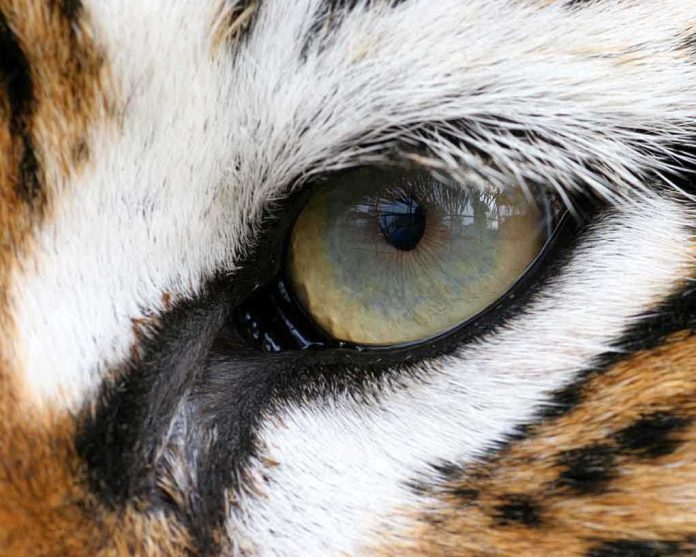
A tiger handler with ties to the infamous Joe Exotic was fatally mauled at his own Oklahoma preserve, reigniting concerns about the dangerous reality of private big cat ownership that government regulators continue to ignore.
Story Highlights
- Ryan Easley, former Joe Exotic associate, died September 20 in tiger attack at his Growler Pines Tiger Preserve
- Incident exposes ongoing risks at private big cat facilities despite years of documented safety concerns
- Preserve’s defensive statement emphasizes Easley’s “love” for animals rather than addressing safety protocols
- Death likely to fuel renewed regulatory pressure on private exotic animal ownership across the country
Fatal Attack at Private Preserve
Ryan Easley died September 20, 2025, during what Growler Pines Tiger Preserve described as a tiger “accident” at the facility near Hugo, Oklahoma. The preserve operator, who previously worked with Tiger King star Joe Exotic, was alone with the animal when the fatal attack occurred. Local authorities confirmed the death September 21, launching a standard investigation into the circumstances surrounding the incident.
Growler Pines Tiger Preserve issued a carefully worded statement calling the tragedy “a painful reminder of both the beauty and unpredictability of the natural world.” The facility emphasized Easley’s supposed understanding of risks and his “love” for the animals, deflecting attention from potential safety protocol failures. This defensive posture mirrors responses from other private preserves when similar incidents expose their inadequate safety measures.
Tiger King Legacy Continues Dangerous Pattern
Easley’s connection to Joe Exotic places this incident within the broader context of Oklahoma’s controversial private big cat industry. The Tiger King documentary exposed the reckless practices and inherent dangers at facilities like Joe Exotic’s former zoo, where multiple safety incidents occurred over the years. Despite this documented history, private preserve operators continue defending their right to house these deadly predators.
The incident underscores how individuals associated with the Tiger King phenomenon have perpetuated dangerous practices under the guise of animal rescue and education. Easley established Growler Pines following his work with Joe Exotic, continuing the same high-risk model of private big cat ownership that has repeatedly proven deadly. This pattern demonstrates the industry’s failure to implement meaningful safety reforms despite numerous warning signs.
Regulatory Failure Enables Preventable Deaths
Multiple fatal incidents at private big cat facilities nationwide highlight systematic regulatory failures that prioritize animal rights activism over public safety and common sense. Current oversight mechanisms clearly inadequate to prevent deaths like Easley’s, yet government agencies continue allowing these facilities to operate with minimal supervision. This hands-off approach endangers both handlers and surrounding communities who face potential threats from escaped predators.
The incident will likely trigger renewed calls for stricter regulation of private exotic animal ownership, potentially threatening legitimate property rights and individual liberty. Animal welfare organizations will exploit this tragedy to push for sweeping bans that could eliminate private conservation efforts and educational programs. Responsible preserve operators face increased scrutiny and bureaucratic interference due to failures at facilities like Growler Pines.
Sources:
An associate of ‘Tiger King’ Joe Exotic dies in tiger ‘accident’: Here’s what we know



